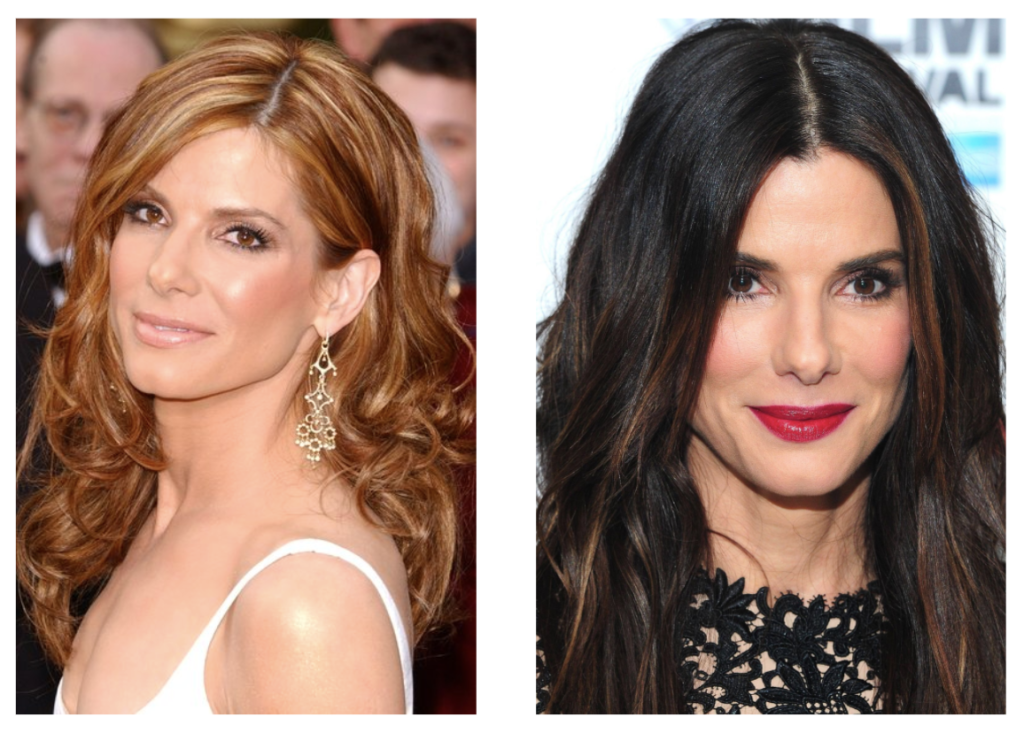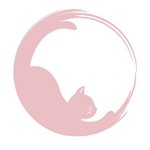Is seasonal colour analysis legit?
Totally!
Many people would even dare to say it’s science; now, for how much I vouch for it and I think it’s an incredibly valid tool to elevate our image, I wouldn’t call it a science.
I’d say it’s more of an art – and in fact, that’s where it started!
A very short history lesson before explaining what it is, why it’s legit and why you should do it 🤓
– SKIP IF YOU DON’T CARE-
Johannes Itten (1888-1967) was a Swiss colour and art theorist and was the first one who started to associate the colours of the four seasons with individuals, identifying first the temperature (warm vs cold) and then the value (light vs dark). He then combined these two aspects together and realised how certain background colours would enhance the skin tones, hair and eyes colours of some of his portraits – and through this he realised that every individual could be associated with one of the four seasons.
Later on Albert H. Munsell (1858-1918), an American artist, inspired by Itten created a new colour model introducing the concept of chroma. He found out that when pure some shades are more saturated than others and because of that, they can enhance one’s features, even more, depending on how this individual looks. Through this, he founded the 12 seasons colour system – which is still widely used in the beauty and image industry.
What is the seasonal colour analysis?
The seasonal colour analysis (or personal colour analysis) is a discipline that studies the reaction of colours on an individual’s skin and natural tones. What happens when you wear a specific colour? Do you see more imperfections on your face (such as dark circles, blemishes, tiredness, etc..) or do you look glowier? Does it make your look pop or does it make you disappear? These are just a couple of things that the seasonal colour analysis help us understand.
Why is it legit?
I’m sure that you found yourself on different occasions when you said that a certain colour wouldn’t look good on you, or that a certain shade of foundation would be wrong, or lipstick would make your teeth look more yellow… most likely the reason why all these things happened was that you were not wearing colours belonging to your personal colour palette.
Let me explain this with an example:

If you look at these two pictures of the actress Sandra Bullock, you can see that she looks more balanced in the second picture. Now, she is gorgeous regardless and has a full-face makeup on both pictures however there are no doubts that in the second one she looks glowier, healthier and overall more balanced. And why is that? Her hair is naturally dark, she has medium-toned skin and brown eyes. Her contrasts are high and her temperature is neutral-cold. She is a deep winter.
If you ask a deep winter to dye her hair blonde and wear a warm-toned nude lipstick, that’s how you “kill her”. You completely cancel all her contrast, which is one of the main traits of this season; instead what you should do is focus on those contrasts – so using a bold red lipstick and wearing a beautiful black dress with some accessories that can give contrast is the best way to enhance your wonderful dark season.
So, if you are a deep winter (or any deep season) and you hear again from somebody to lighten your hair because “it brightens your look” think about this post and don’t do it!
Why should you do the seasonal colour analysis?
Because you will be able to know exactly what colours will value your image – but not only. You will gain more self-awareness, you will learn things about yourself that you didn’t even know you had, you will learn how to give a new life to clothes, makeup or accessories that you were not wearing and you didn’t know why; you will learn to shop smartly, you will stop wasting money on things that don’t suit you and you will gain so much knowledge that will help you embrace your beauty and increase your self-esteem.
The seasonal colour analysis is much more than just knowing your colours, it’s a tool to be more in touch and more connected with ourselves in a society that is trying to dictate what beauty standards should be, through this you are your only standard.




